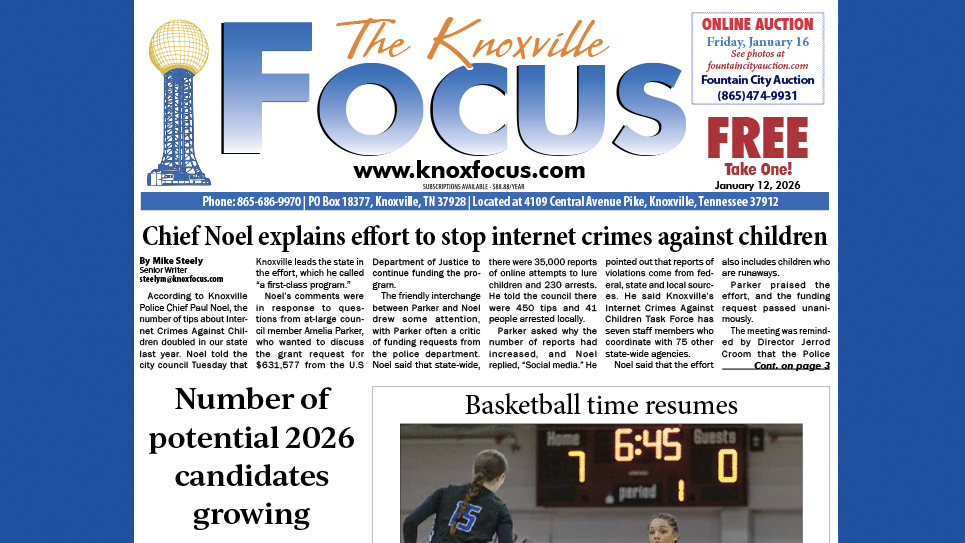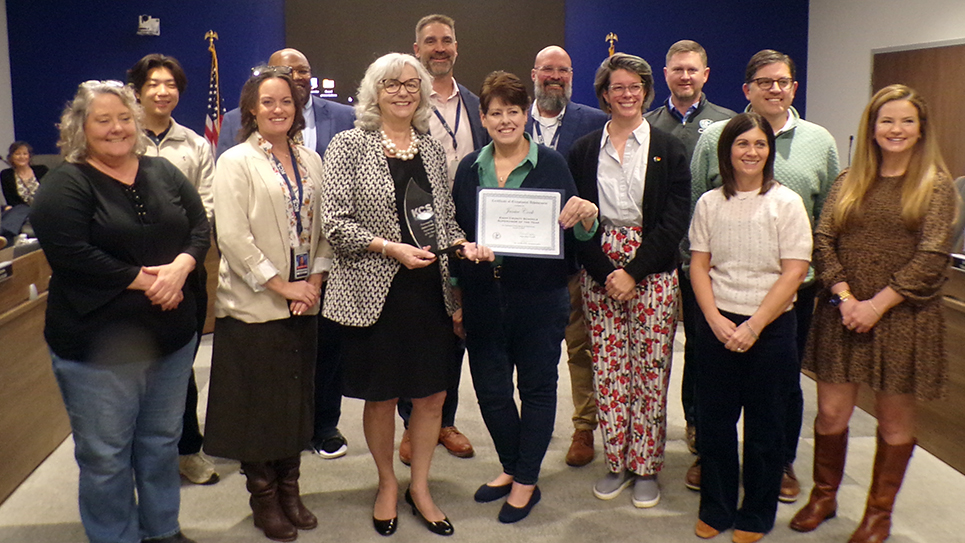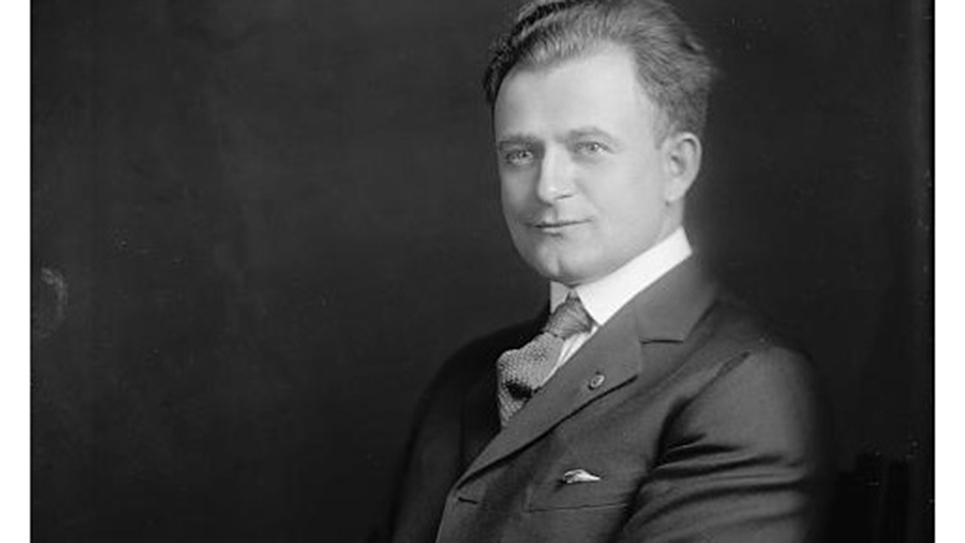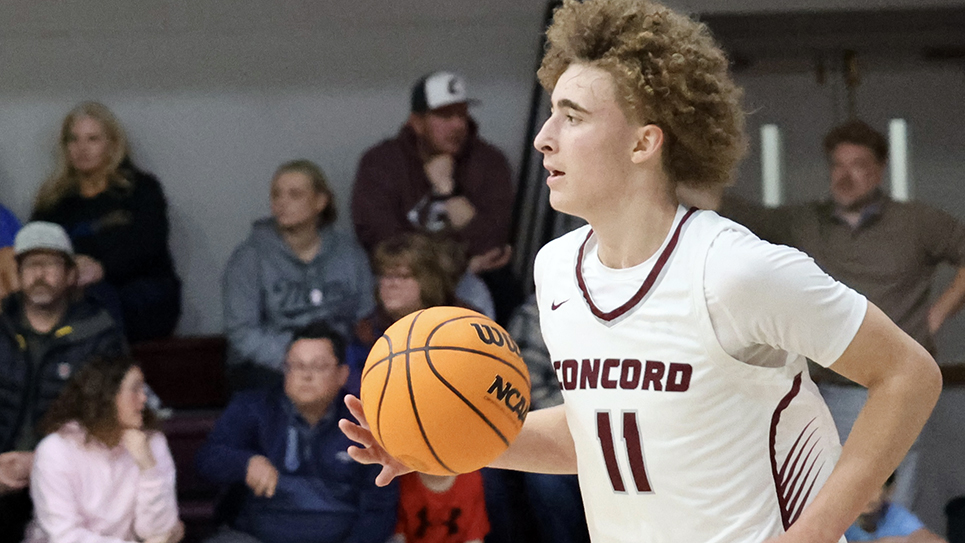By Tom Mattingly
For every action, there is an equal and opposite reaction. That’s what teachers have told us over the years.
In Moore County, if you did or said something Elizabeth Majors might not have liked, you were going to hear about it. That was just a fact of life. John Majors often called his mother a “fierce competitor.”
This was the same Elizabeth Majors whose name moved mountains in Lynchburg, who seemed to know everybody she met on the street.
CASE IN POINT: In the late 1980s, several UTAD staffers were visiting with Mrs. Majors one morning and offered to take her to lunch at “Miss Mary Bobo’s Boarding House” in nearby Lynchburg, a not-to-be-missed eatery.
A phone call followed, and the message came back clearly: “We’re full. There’s no more room.” An epiphany followed. Here came a critical question, almost out of desperation. “Would it help if we told you one member of our party was Elizabeth Majors?
The response was immediate and certain: ‘’We always have room for Elizabeth Majors.”
She was delightful, charming, well-mannered, and a host of other adjectives that indicated a life characterized by good manners and a genteel upbringing.
We found out two things. She could find her way to a table when all avenues seemed to be blocked. Once seated, Mrs. Majors could preside as no one else ever could.
Later that same day, we were at the local cemetery where headstones carried the names “Majors” and “Daniel,” among many others. The “Daniel” was local entrepreneur Jasper Newton (Jack) Daniel.
We were walking through the cemetery when she made a troubling discovery. She found out that the powers-that-be decided to cut down several trees, apparently without notice of any kind. Seeing the trees on the ground did not sit well with her. She lobbied everybody she could find and told us she was going to make a few calls about it. That turned out to be an understatement.
Seeing John Majors at practice a couple of days later, I mentioned the visit and his mother’s reaction to the demise of the trees. After excusing himself to attend to a seemingly important matter on the other side of the field, he returned and could only say that she had talked with him about it at great length. The operative words seemed to be “at great length.”
Fast forward a few years to the same cemetery after Mrs. Majors had died.
The funeral cortege had come down by Tim’s Ford from Winchester, with traffic in both directions pulling to the shoulder as a sign of respect. That’s vintage Middle Tennessee.
That doesn’t happen as much as it used to, but it’s still quite impressive when it does. In a moving tribute, school children stood at the cemetery entrance with hand over heart. She was a much-revered schoolteacher. This was one final tribute to a life well lived.
I reminded John Majors about the day the trees were cut down. He smiled, as only he could, and said, “That sure made her mad, didn’t it?” as he cast a pensive glance in the general direction where the trees once stood.
When you think about her impassioned defense of the trees in a Lynchburg cemetery, think about what might have happened had she known about a fellow named Harvey Updyke, now deceased, and his poisoning of the trees on Toomer’s Corner in Auburn, Ala.
That would not have been pretty.
Wherever Harvey had resided would have looked pretty good. He wouldn’t have wanted to have been anywhere in the same zip code with Elizabeth Majors.
A final thought. After the 1992 Memphis State game, played less than 24 hours after John had resigned as Tennessee head coach, she visited with her son outside the Vol dressing room, then walked up the ramp heading toward street level, by herself, alone with her thoughts and memories. You could likely have written a book based on what was going through her mind at that moment.
More than once, she had said she had given two sons to the University of Tennessee. One was William Bobo (Bill) Majors, who had died in the early morning hours of Oct. 18, 1965, in that car-train wreck just west of Knoxville. The other was John Terrill Majors.
She may have been short of stature, but she cast a long shadow over her community and the University of Tennessee.
There are uncounted thousands who are glad Elizabeth Majors was a part of their lives. We always have room for more memories of Elizabeth Majors.






